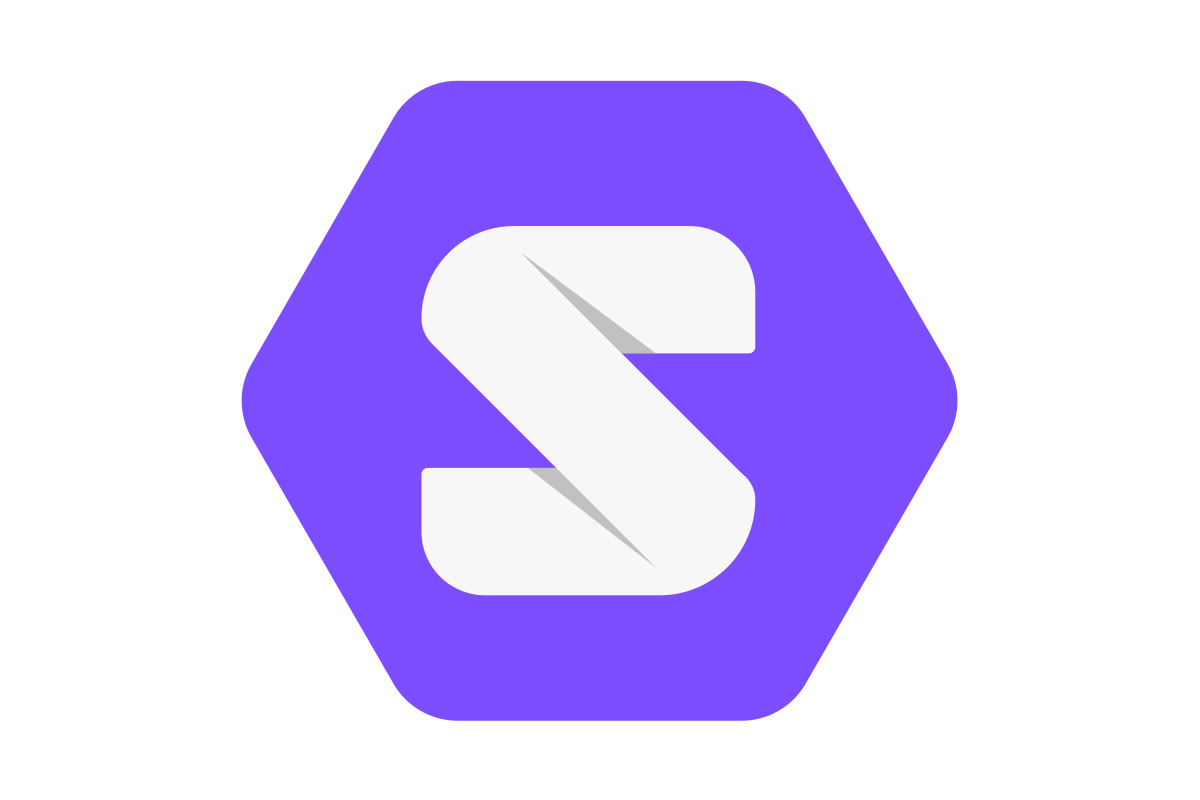Here are the 5 biggest benefits of data sharing
Technological developments follow each other in rapid succession. Especially the technology of data sharing is one to keep an eye on. In the coming years, it will enable a much more efficient exchange of data between different systems. We discuss the 5 most obvious advantages of data sharing for companies.
In many administrative processes, customers, suppliers or employees are responsible for providing specific data or documents. Think of payroll sheets for mortgage loans or medical data for a claim file. Unfortunately, because the applicant must provide the data themselves, for example via an e-mail attachment, this manual approach often leads to longer processing times.
Another risk is doubt about the accuracy of the data supplied. The lack of automated validation can lead to errors and inaccuracies in your systems. In addition, there is a risk that the requestor may inadvertently provide more information than was requested, which in turn can lead to complications in the event of a potential data breach.
Why data sharing?
With data sharing you accelerate the delivery, checking and processing of all kinds of incoming data within your organization. Both data and documents are retrieved directly and unaltered from the original source, usually a data vault such as that of Doccle. They are then shared with you in a secure manner, with the user’s consent. This shortens the lead time, increases the data quality, and you also take better account of privacy legislation. In this blog post, we explain in detail what data sharing is.
Here are the 5 benefits of data sharing for businesses:
1. Many databases through one connection
Today, individuals store their data in many different places. It is not easy for them to access and share this information with companies. Thanks to data sharing, you will have access to these data sources – think of social secretariats, hospitals, Itsme, Izimi, the government and athumi – allowing you, after the user’s consent, to consult these data.
2. More reliable data
Importing data from a known, official source immediately increases the reliability of the data. You also gain insight into which source the data originate from, when the data are retrieved from the source and whether the user has modified them. This leads to a reliability score and, based on this, you can optimize your internal controls while speeding up the entire process.
3. Templates and structured data
Another advantage of data sharing is that it makes it possible to work with so-called templates. These customizable forms allow employees to request the right set of data in a structured way from the customer’s personal data vault at the push of a button, and then have it automatically entered into your systems.
4. Privacy and consent
The GDPR and impending European regulations describe how organizations must handle personal data. For example, they require that you can prove that you are requesting data on the right basis, and that you only collect the data that is absolutely necessary for the intended purpose. With data sharing, your customer gives their own consent to the processing of personal data. Moreover, the purpose is automatically included with the information request and a so-called audit trail is kept: the time of consent, and the period until when you have access.
5. A better customer experience
Perhaps the biggest benefit of data sharing is that it enhances the customer experience. After all, information from connected sources only needs to be collected once and, moreover, it is easily shareable. Users can also receive notifications to remind them that they still have outstanding tasks. In other words, thanks to data sharing, the life of the customer is simplified again. It also gives your customer a permanent overview of what information has been shared with your organization.



